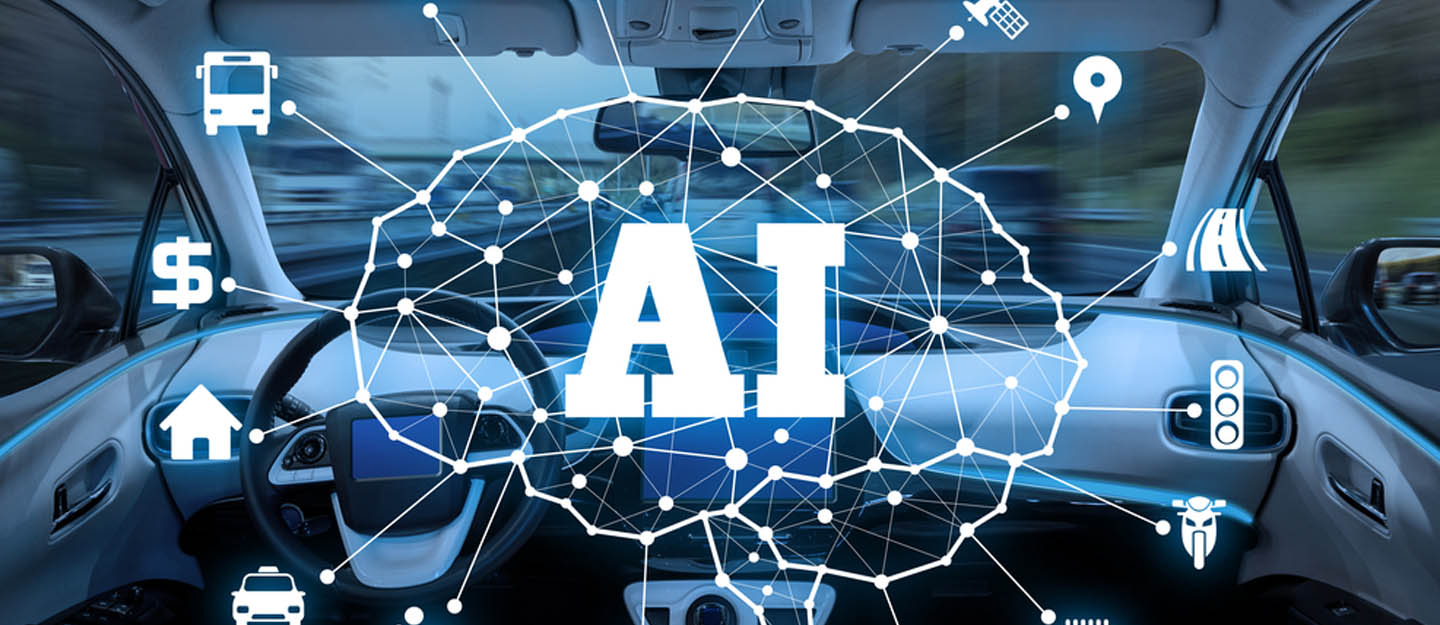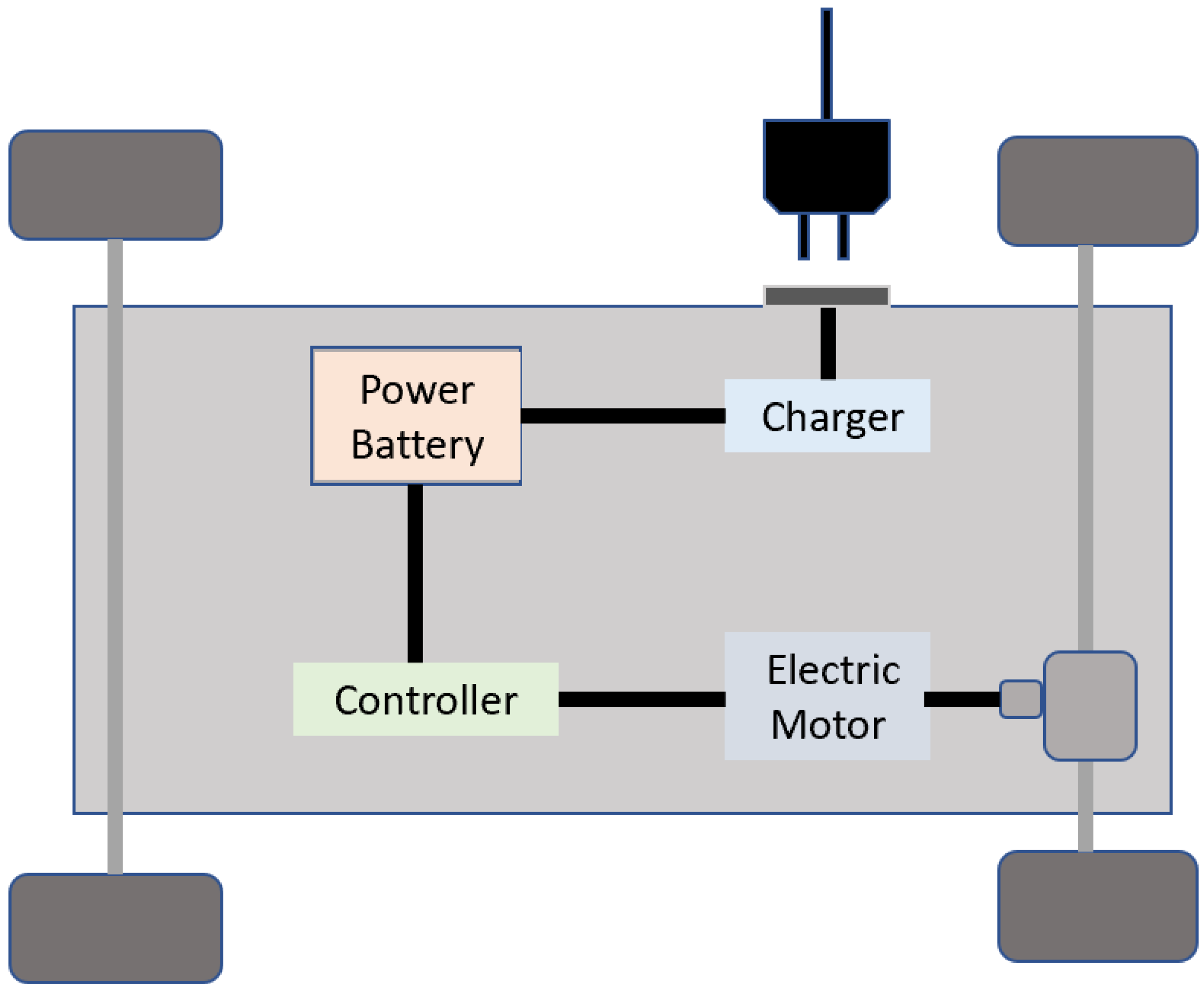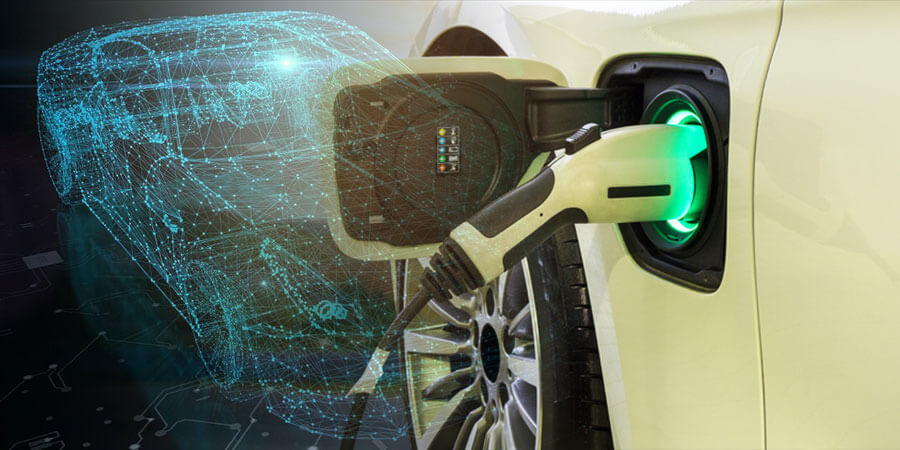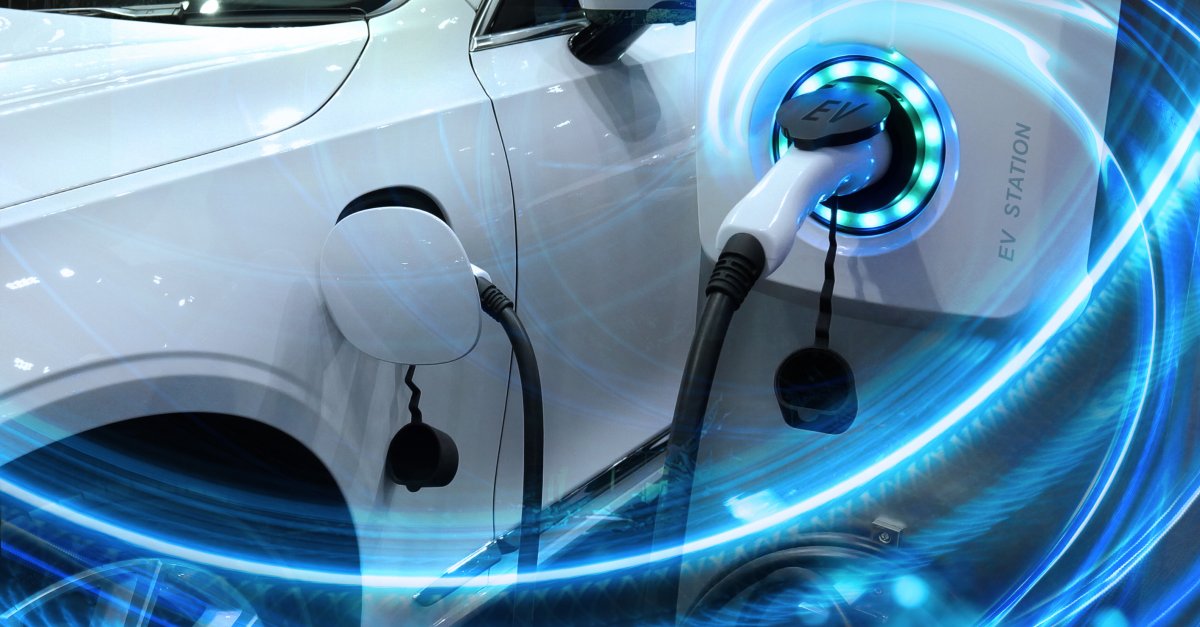The Future of Electric Transportation
What does the future hold for electric transportation? Delve into anticipated trends and breakthroughs.

The future of electric transportation is certainly an exciting one. The global shift towards more sustainable modes of transportation is not only necessary but is revealing a multitude of new possibilities. From revolutionary battery technologies to innovative charging solutions, electric cars are rapidly evolving, and the road ahead is paved with both challenges and opportunities. This article aims to explore these emerging trends and the impacts they will have on the future of electric transportation.
Unraveling the Electric Transportation of Tomorrow
In the face of climate change and a collective push towards a more sustainable future, electric transportation has stepped up as a significant player. This massive transformation has thrust the auto industry into uncharted territories, bringing forth an electrifying revolution.
Table of Contents
- Upcoming Trends in the Electric Vehicle Market
- The Evolution of Batteries and Charging Technologies
- How Automakers are Adapting to the Electric Revolution
- Infrastructure Challenges and Solutions
- Impact of Government Policies on the Future of Electric Transportation
- Consumer Perspective and Market Adoption of Electric Vehicles
- A Vision for the Future: The Role of Electric Transportation
Upcoming Trends in the Electric Vehicle Market

As we zoom into the future, certain key trends are grabbing the spotlight within the realm of electric transportation. These are not just influencing the way we perceive e-mobility but are also shaping its trajectory. So, what are these defining factors? Let's take a look.
- Autonomy: Self-driven electric cars aren't a figment of our imagination anymore. With increased levels of automation, like Tesla's Autopilot and GM's Super Cruise, we are now a step closer to hands-off and eyes-off driving.
- Diversification: The electric vehicle (EV) market isn't just about cars anymore. The e-revolution has permeated into trucks, buses, and even bikes, providing varied options for consumers.
- Connectivity: A synergistic blend of software, Artificial Intelligence (AI), and innovative technology is transforming EVs into 'smart' vehicles. This, in turn, is revolutionizing features like infotainment systems, predictive maintenance, and more.
The Evolution of Batteries and Charging Technologies

Yes, batteries. The silent warriors beneath the shiny hood of your EV. Battery technology has witnessed some groundbreaking advancements in the recent past, and it's the prime game-changer spearheading the electric revolution.
Battery Innovation: Beyond Lithium-Ion
While lithium-ion batteries have long reigned supreme in the EV world, alternatives are starting to surface. Researchers are now exploring technologies such as solid-state batteries that promise superior energy density, longevity, and safety. Companies like Quantumscape are leading this charge towards solid-state batteries, and if they succeed, these powerhouses could help to significantly increase the driving range of EVs, thereby addressing primary consumer concerns about electric transportation.
How Automakers are Adapting to the Electric Revolution

The shift towards electric transportation hasn't been a smooth ride for automakers. Striking a balance between sustainability and profitability is posing a unique set of challenges. Let's delve into how manufacturers are navigating this shift.
- From ICE to EV: Many traditional automakers are steering away from Internal Combustion Engines (ICE) to explore the potential of electric powertrains. Brands like Volvo and Bentley have announced plans to go fully electric by 2030 and 2035 respectively.
- Partnerships and Collaborations: To offset the high cost of EV development, automakers are teaming up. A notable example of this is the tie-up between Ford and Volkswagen to share electric and autonomous vehicle tech.
- New Models: Manufacturers are launching new electric models to cater to different consumer segments. Be it Tesla's Cybertruck for adventure enthusiasts or Audi's Q4 e-Tron for luxury seekers, there's an electric ride for everyone.
As we transition into a new era of mobility, the above trends are giving a glimpse into the future of electric transportation. The next half of the article will delve into infrastructure challenges and their solutions, the impact of government policies, consumer perspectives on market adoption, and the role of electric transportation in shaping our future.
Infrastructure Challenges and Solutions

Despite the rapid evolution in EV technology, infrastructure development has been comparatively slow. The lack of charging stations, especially in rural and remote areas, is a significant barrier to wide-scale EV adoption. Moreover, the time taken to charge a vehicle still can't compete with the speed of refueling a conventional car.
A Cleaner, Smarter Grid
Adding to the complexity is the current power grid's largely fossil-fueled infrastructure. The increased demand for electric vehicles creates a pressing need for renewable energy sources to replace traditional power grids.
Enter "smart grids," an advanced approach to the electricity network. Leveraging digital technology, smart grids provide for two-way communication between utilities and customers, improving grid reliability and enabling greater integration of renewable sources.
Impact of Government Policies on the Future of Electric Transportation

Where there are challenges, there's usually policy intervention. Governments worldwide have been proactively implementing measures to boost the adoption of EVs. Let's look at some key approaches:
- Tax Incentives: Many countries, including the US, offer substantial tax breaks for EV owners. These incentives intend to offset the high upfront costs associated with buying an electric vehicle.
- Stringent Emissions Standards: To combat climate change, governments are enforcing tighter emissions regulations which indirectly promote EVs.
- Investing in Infrastructure: Public funding is being used to develop EV charging infrastructure across countries. This is being paired with collaborations with private entities to expand this network.
- Phase-Out Plans: Several countries have declared plans to phase out sales of internal combustion engine vehicles within the next few decades.
Consumer Perspective and Market Adoption of Electric Vehicles
At the heart of the electric revolution is the end-consumer, who's been gradually warming up to the idea of e-mobility. The growth in EV sales is a testament to this transition. However, it's important to consider the factors influencing consumers' decisions in adopting EVs.
Affordability, range anxiety, and a lack of familiarity with EV technology have commonly been cited as barriers to electric vehicle adoption. Therefore, the focus on consumer education, the development of affordable models, and infrastructure expansion remains crucial for automakers, policymakers, and stakeholders in the EV ecosystem.
A Vision for the Future: The Role of Electric Transportation
The electrification of transportation holds great promise in curbing carbon emissions and paving the way for a greener, more sustainable future. In this context, it's essential to understand the role of electric vehicles in shaping our lives and the world as a whole.
Electric vehicles can become a vital part of the smart city concept, working in tandem with renewable energy systems. While the path ahead is littered with challenges, collaboration between governments, manufacturers, technology providers, and consumers will ensure the transition to this new era of transportation is smooth and effective.
From this vantage point, the future of electric transportation indeed looks bright, with every surge in technology, every policy initiative, and every willing consumer propelling us towards a more sustainable world driven by electric power.
What's Your Reaction?


























































